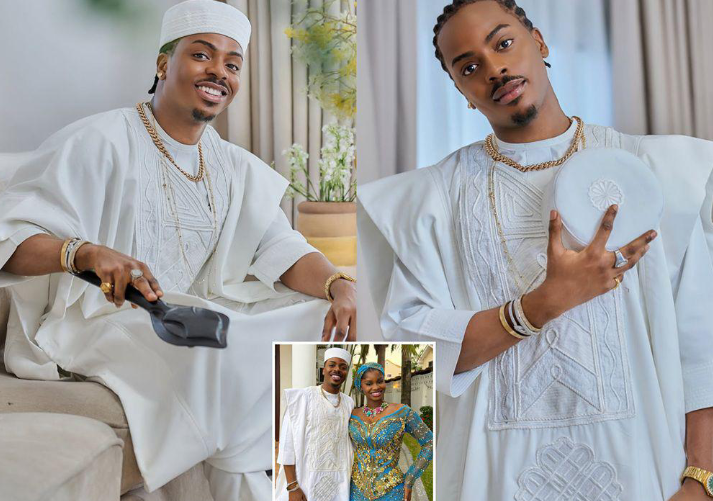
Biodun Fatoyinbo Sparks Backlash Over Apostle Babalola Wealth Remarks, CAC Accepts Apology

A storm of controversy has erupted in Nigeria’s Christian community following remarks by Biodun Fatoyinbo, the senior pastor of Commonwealth of Zion Assembly (COZA), who compared the late Apostle Joseph Ayo Babalola’s lack of material wealth to his spiritual legacy.
The statement drew widespread criticism, with many accusing Fatoyinbo of diminishing one of Nigeria’s most revered church fathers by implying that financial prosperity should be a benchmark for ministerial success.
Ade Alawode, the publicity director of Christ Apostolic Church (CAC), strongly condemned the comment, calling it biblically flawed and a distortion of Christian values.
Joseph Ayo Babalola, who spearheaded the revival movement that birthed CAC in the 1930s, was never known for material riches.
Instead, he became a legendary figure in Nigerian Christianity for miraculous healings, deep spirituality, and his role in shaping Pentecostalism in the country.
His legacy endures not through wealth but through enduring institutions such as Joseph Ayo Babalola University, as well as the countless testimonies of those impacted by his ministry.
Fatoyinbo’s comments, therefore, struck a nerve in a society where the prosperity gospel has become increasingly dominant, sparking questions about how success in ministry should truly be defined.
On August 16, 2025, the CAC leadership announced that it had accepted Fatoyinbo’s apology, describing the decision as a pragmatic move to prevent further escalation of the dispute.
While the official acceptance has calmed tensions within church leadership circles, reactions on X (formerly Twitter) reveal that many Nigerians remain unsettled.
For some, the incident highlights a widening cultural divide between the values of early revivalists like Babalola and today’s megachurch leaders, who often equate God’s blessing with financial abundance.
The clash of perspectives has exposed deeper anxieties about the future of Nigerian Christianity—whether it will continue to uphold the sacrificial and spiritual model laid down by figures like Babalola, or fully embrace a prosperity-driven theology where material success defines divine favor.
For now, Fatoyinbo’s apology closes the official chapter, but the debate it has sparked may linger for years to come.


